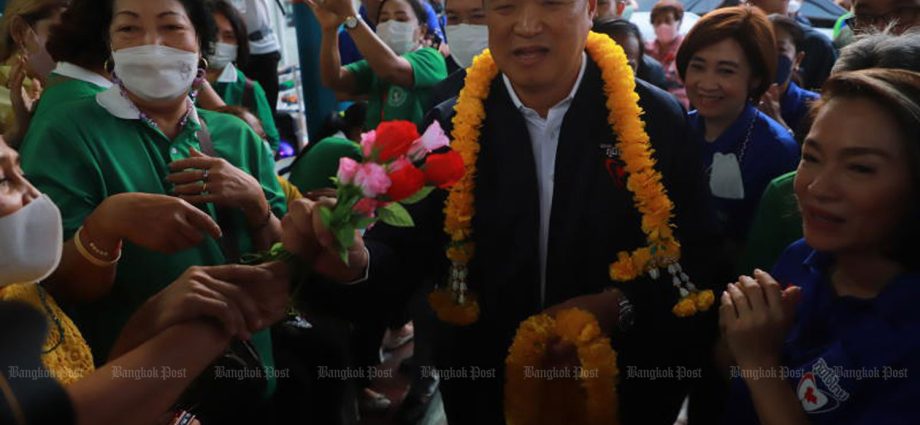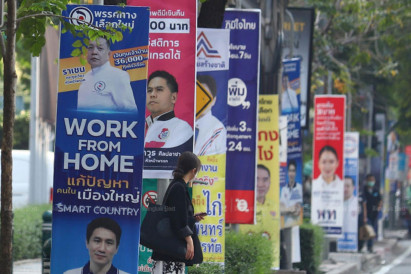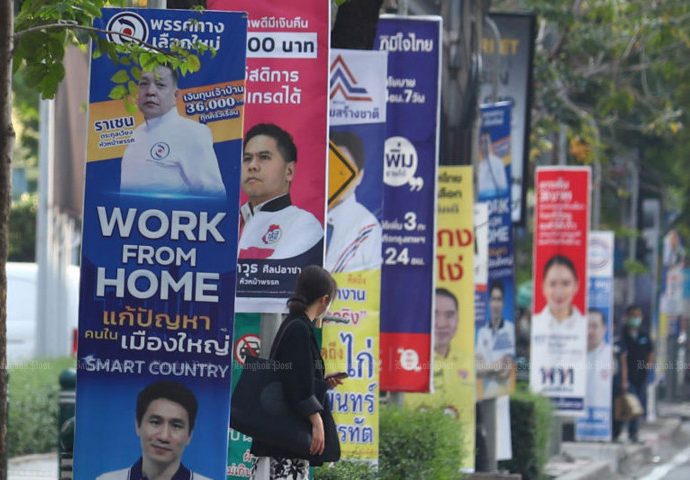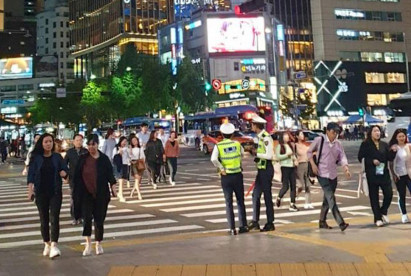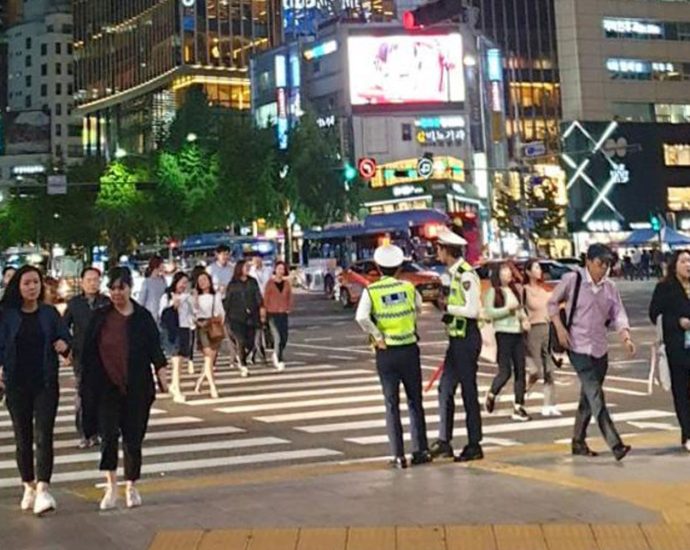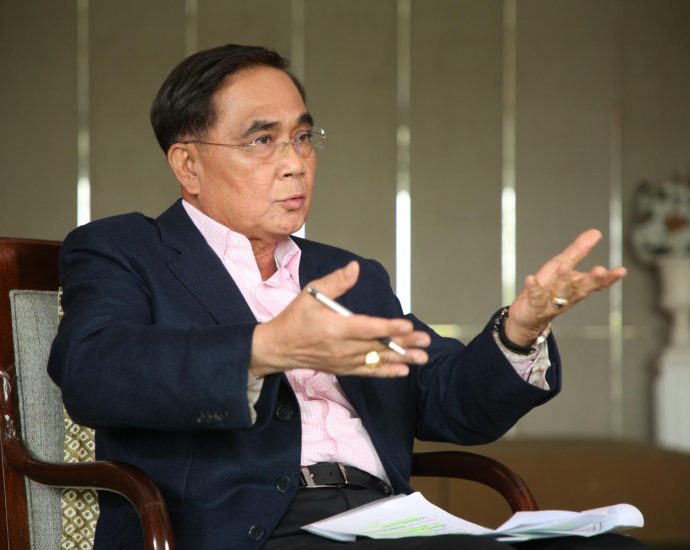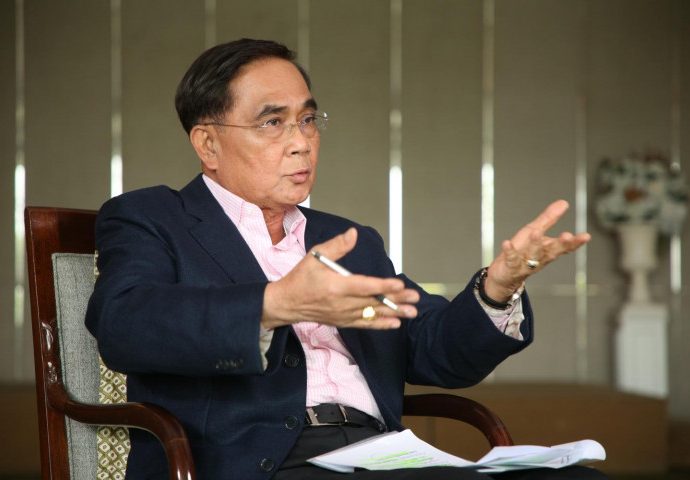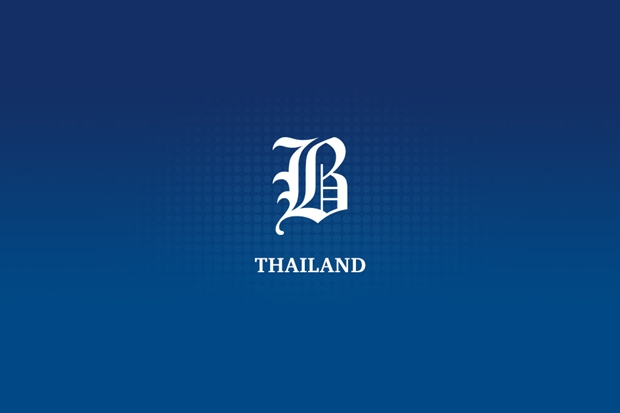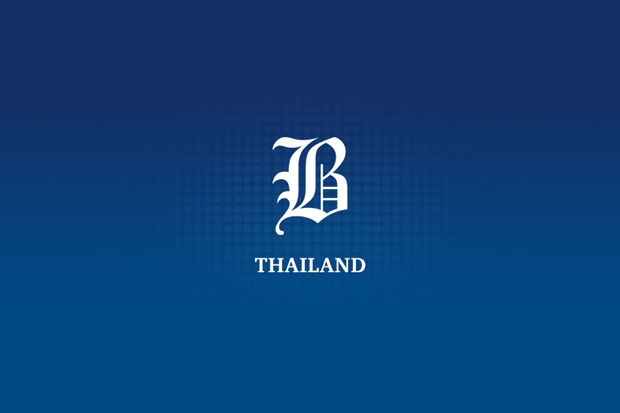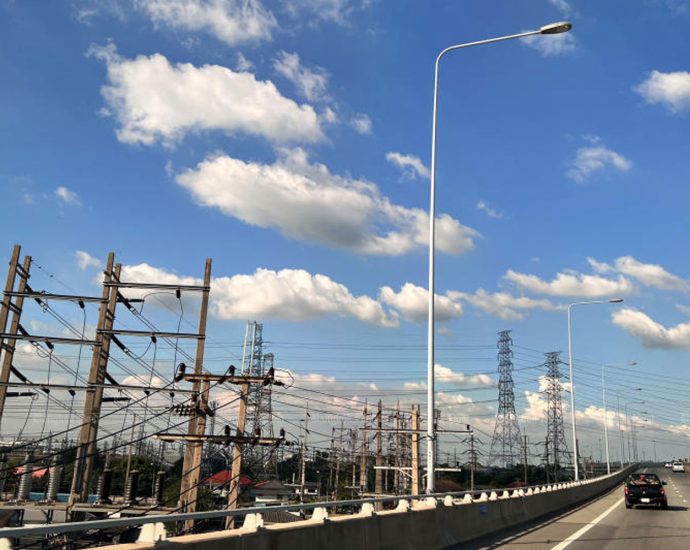Anutin hits back at Pheu Thai’s claim

Bhumjaithai Party leader Anutin Charnvirakul has slammed recent remarks made by Srettha Thavisin, one of the three prime ministerial candidates of the Pheu Thai Party, calling them a smear campaign against the party.
Mr Srettha had earlier said that if Thais vote for Bhumjaithai, then Prime Minister Prayut Chan-o-cha will return to power.
“Our party’s legal team is checking if the claim violates election laws,” he said, saying the party has its legal team to pursue all possible procedures.
As Bhumjaithai is the victim in this instance, it can file a lawsuit against anyone who brought up false information with the intent to defame the party while canvassing, he said.
“Don’t go telling anyone that if they choose Bhumjaithai, Gen Prayut [Chan-o-cha] will return to the post of prime minister as it will lead to misunderstandings,” said Mr Anutin.
He insisted that he would assume the role of prime minister if Bhumjaithai wins the election, before adding the party would also prioritise its members for key political positions.
When asked if Bhumjaithai’s candidates would band together and sue Mr Srettha, he said the decision is theirs to make and that he cannot prevent them from doing so.
Asked if Mr Anutin would call Mr Srettha to clear up the matter, he said he won’t, adding Mr Srettha was the one who started the problem.
Mr Anutin also refused to comment when asked about his Facebook post, in which he claimed Mr Srettha had changed after becoming involved in politics.
Meanwhile, Mr Srettha responded on Twitter, saying that he has not changed and is still the same person who will oppose actions that pose a danger to society.
He said cannabis is causing problems in society, as exemplified by the public’s anger over the picture of a 10-year-old smoking pot.

